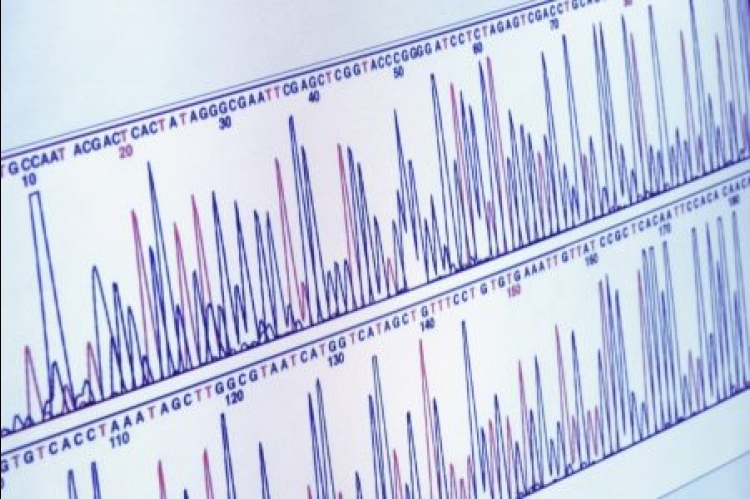Microbiology Testing by Sequencing
Genotypic identification of bacteria, yeasts, and moulds.
The use of molecular biology techniques makes it possible to precisely identify bacteria, yeast and moulds from environmental isolates or finished products contaminants.
Comparative gene sequence analysis of ribosomal DNA (rDNA) has been shown to have the highest accuracy of microbial identification system technologies and has been considered the gold standard for microbial identification for over a decade. Independent studies demonstrated superior performance of 16S rDNA sequencing approaches when compared to phenotypic identification approaches such as MALDI-TOF.
- The current approach uses PCR to amplify 16S rDNA (common to all bacteria) followed by sequencing for bacterial identification. The long sequencing read increases accuracy of species level results.
- In case of identification of yeast and moulds, the current approach uses PCR to amplify the first 500 base pairs of 25S rDNA (common to all yeasts and moulds) for fungal identification.
- The sequencing of the obtained PCR products and comparison of the sequencing data with validated databases is used to identify the bacterium or the yeast/mould in question.
Interest of the 16 S and 25S rDNA
The 16 S gene encodes for the 16S subunit of ribosomal RNA (rRNA) and is mainly used because of its structure, which is highly conserved in all bacteria. The 16 S gene is made up of a succession of conserved domains common to all bacteria, and other portions of sequences specific to a group of bacteria. These portions are used as «signatures » enabling for the precise identification of the bacterium (species, genus, family). The databases of 16S gene sequences are now very well developed. The identification is robust and reliable: the results obtained by sequencing the 16S gene are like those obtained with whole genome sequencing. In case of identification of yeast and moulds, amplification, and sequencing of 25 S rDNA is used in the exact same manner.
Implementation of alternative methods
- CellMadeTM Laboratories selects methods from trusted suppliers.
- The method verification report(s) and data are available under the Resources Centre of this website.
Proficiency tests
- CellMadeTM Laboratories regularly participates in international proficiency tests organized by recognized companies and institutions.
- The results of the proficiency test(s) are available under the Resources Centre of this website.
Below table summarizes the available testing services using sequencing.

